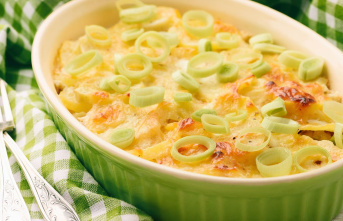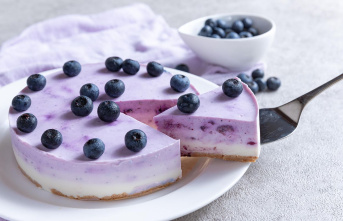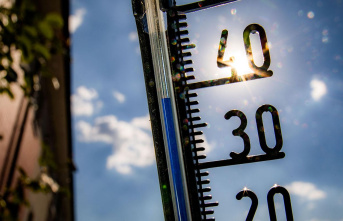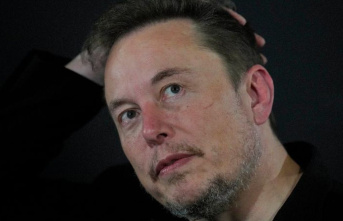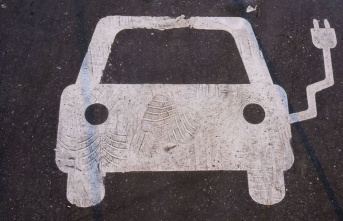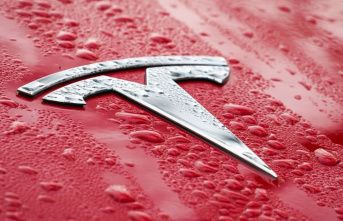Thick, shiny and full hair is the dream of many women and men. Unfortunately, not everyone is naturally gifted with a head of hair. External influences such as environmental pollution, improper care or stress can also impair hair growth and lead to thinner or brittle hair. But there is hope: vitamins can support hair growth and ensure strong, healthy hair.
A lack of certain nutrients can negatively affect hair growth. In particular, vitamins A, biotin (B7), C, D and E and the trace element zinc are important for hair health. The following article lists important nutrients and their suppliers as well as resources that can be used to help.
Vitamin A promotes cell division and thus hair growth. A lack of vitamin A can lead to a dry and flaky scalp and make the hair brittle and dull. But be careful: an overdose of vitamin A can also have negative effects.
Vitamin A is a fat-soluble vitamin that comes in two forms: retinol and beta-carotene. Retinol is found in animal products like liver, eggs, and milk, while beta-carotene is found in plant foods like carrots, sweet potatoes, and spinach. Both forms are converted in the body into retinoic acid, which is important for numerous processes in the body.
Biotin is an important building block for keratin, the main protein in hair. Biotin deficiency can lead to hair loss, while an adequate supply strengthens the hair and provides more shine.
Biotin is found in many foods, especially those rich in protein. Examples include eggs, meat, fish, nuts and seeds. Dairy products, soy products and whole grain products also contain biotin. A balanced diet rich in these foods should normally provide adequate levels of biotin.
Vitamin C promotes collagen formation and supports the absorption of iron, another important nutrient for hair health. Vitamin C is also an antioxidant that protects hair follicles from free radical damage.
A balanced diet rich in fruits and vegetables should normally provide adequate amounts of vitamin C. Examples of foods rich in vitamin C are citrus fruits such as oranges and grapefruits, peppers, broccoli, tomatoes, strawberries and kiwi. The recommended daily intake of vitamin C varies based on age, gender, and other factors.
Vitamin D is important for hair follicle health and a deficiency can lead to hair loss. The vitamin is primarily absorbed through sunlight, but can also be obtained through dietary supplements.
Sun exposure is the most important way to produce enough vitamin D. But many people don't have enough sunlight due to lack of time or geographical conditions. One way to meet vitamin D needs is through diet. Foods that contain vitamin D are fish such as salmon, herring and mackerel, egg yolks and fortified foods such as dairy products and fruit juices.
Vitamin E promotes blood circulation and thus the supply of nutrients to the hair follicles. It also protects the hair from damage caused by UV radiation and oxidative stress.
Good sources of vitamin E in the diet include nuts and seeds like almonds, sunflower seeds, and pine nuts, vegetable oils like olive oil and sunflower oil, green leafy vegetables, and whole grains.
Zinc is a trace element that is important for the formation of keratin and collagen. A lack of zinc can lead to hair loss and poor healing of scalp wounds.
Good dietary sources of zinc include meat, poultry, fish, seafood, nuts and seeds, whole grains, and dairy products.
Healthy hair needs a balanced diet with sufficient vitamins and minerals. A targeted supply of food supplements can be useful in the event of a deficiency.
Source: "German Society for Nutrition eV."
This article contains affiliate links. Further information are available here.




